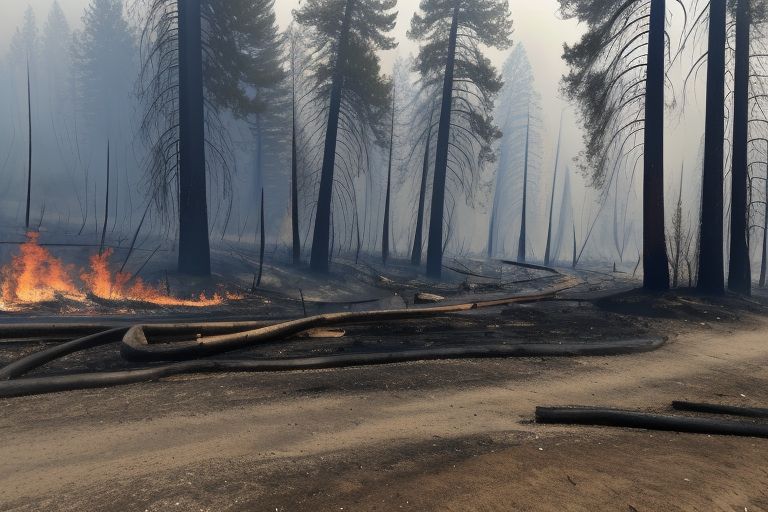
Devastating Wildfires Highlight Urgent Need for Environmental Policies
The recent devastating wildfires serve as a stark reminder of the urgent need for comprehensive environmental policies. These fires, exacerbated by climate change and human activities, have led to significant loss of life, property, and biodiversity. The intensity and frequency of these fires are increasing, underscoring the immediate need for action to mitigate their impact and prevent future occurrences.
First and foremost, there is a critical need for policies aimed at reducing carbon emissions, one of the main drivers of climate change. Governments and industries must work together to transition to renewable energy sources, such as wind, solar, and hydroelectric power, and move away from fossil fuels. Implementing stricter emissions standards for vehicles and industrial processes can also significantly reduce the amount of greenhouse gases released into the atmosphere.
In addition to addressing the root causes of climate change, it is essential to implement effective land management practices. This includes the creation of firebreaks, controlled burns to reduce fuel loads, and the restoration of natural landscapes that can act as barriers to fire spread. Proper land management can also help restore ecosystems, making them more resilient to the effects of climate change and reducing the likelihood of wildfires.
Policies to enhance emergency response capabilities are also vital. This includes investing in firefighting resources, improving early warning systems, and developing evacuation plans to ensure that communities can respond effectively to wildfire threats. Educating the public about fire prevention and preparedness is equally important, as human activities, such as campfires, discarded cigarettes, and arson, are significant contributors to the initiation of wildfires.
Furthermore, there is a need for international cooperation in tackling the global issue of wildfires and climate change. Sharing knowledge, resources, and technology can enhance the ability of countries to prevent, detect, and respond to wildfires. International agreements and funding mechanisms can support the conservation of forests and other natural areas, which play a crucial role in carbon sequestration and the preservation of biodiversity.
Finally, engaging local communities in the development and implementation of environmental policies is essential. Community-based approaches to fire management and land use can lead to more sustainable practices and enhance the resilience of local ecosystems. Involving indigenous peoples and local communities, who have a deep understanding of their environments, can provide valuable insights into traditional practices that can complement modern fire management strategies.
In conclusion, the devastating wildfires highlight the urgent need for a multi-faceted approach to environmental policy. By addressing the root causes of climate change, improving land management practices, enhancing emergency response capabilities, fostering international cooperation, and engaging local communities, we can mitigate the impact of wildfires and work towards a more sustainable and resilient future.